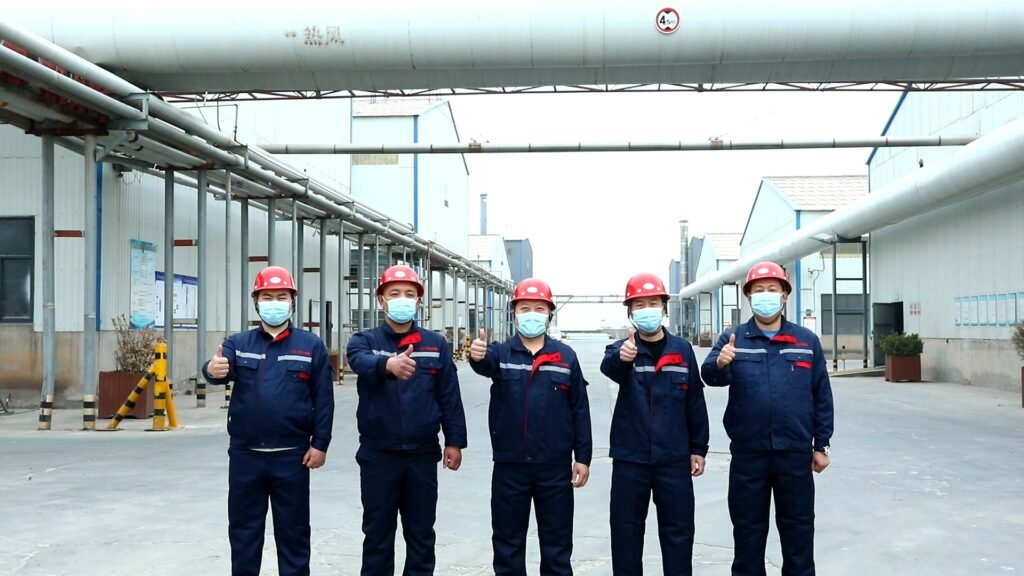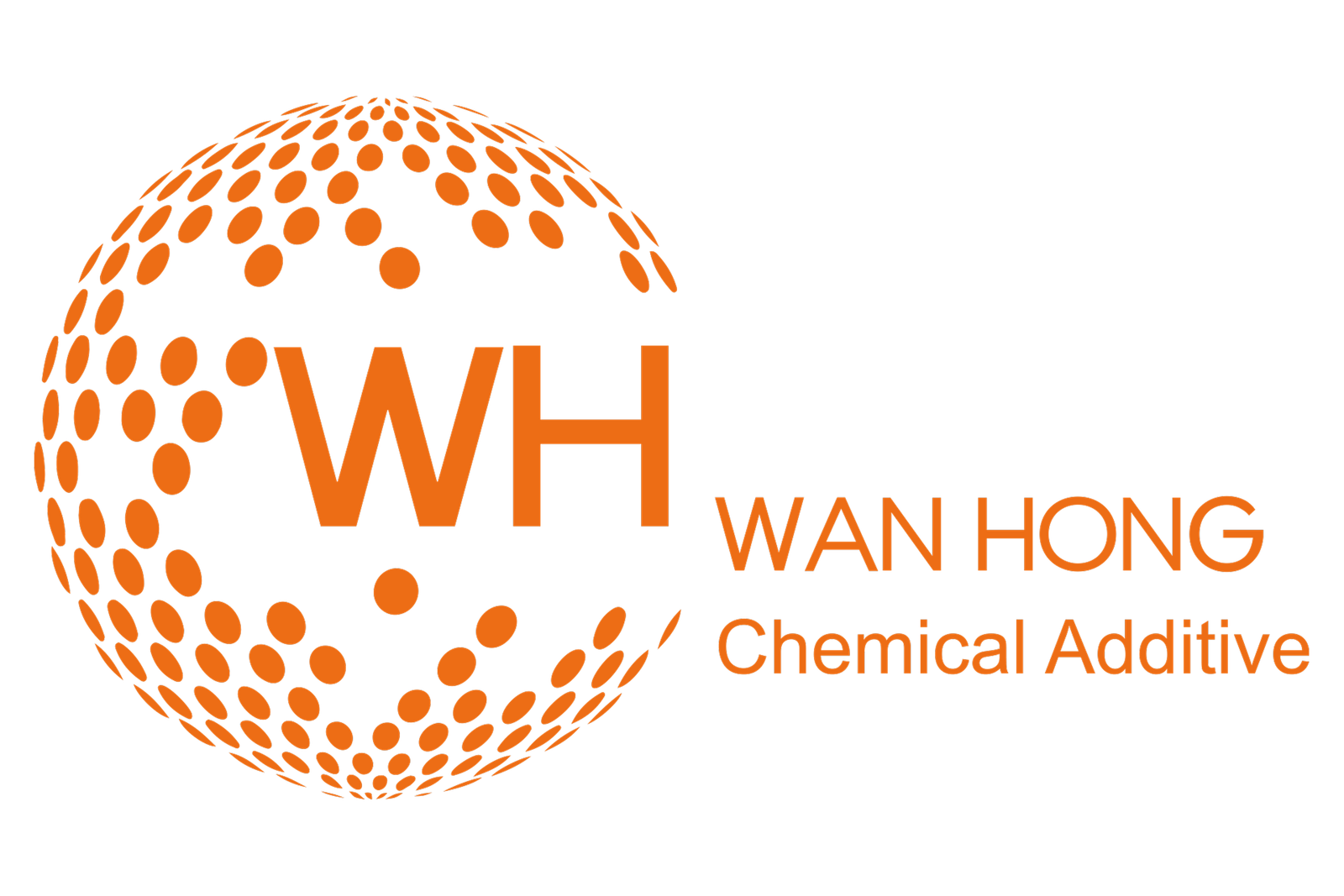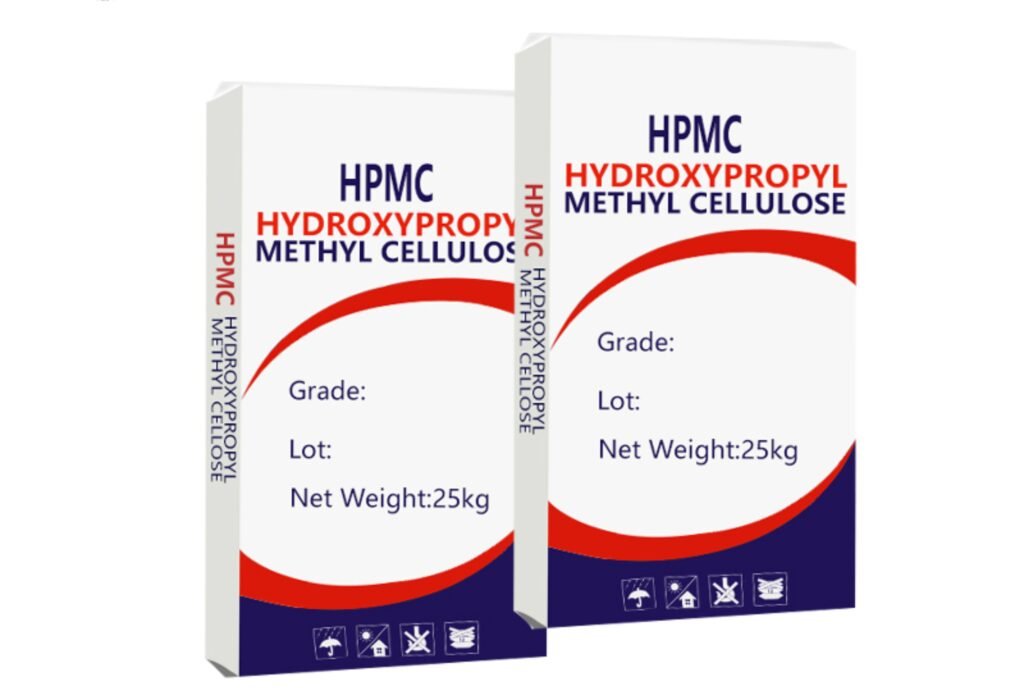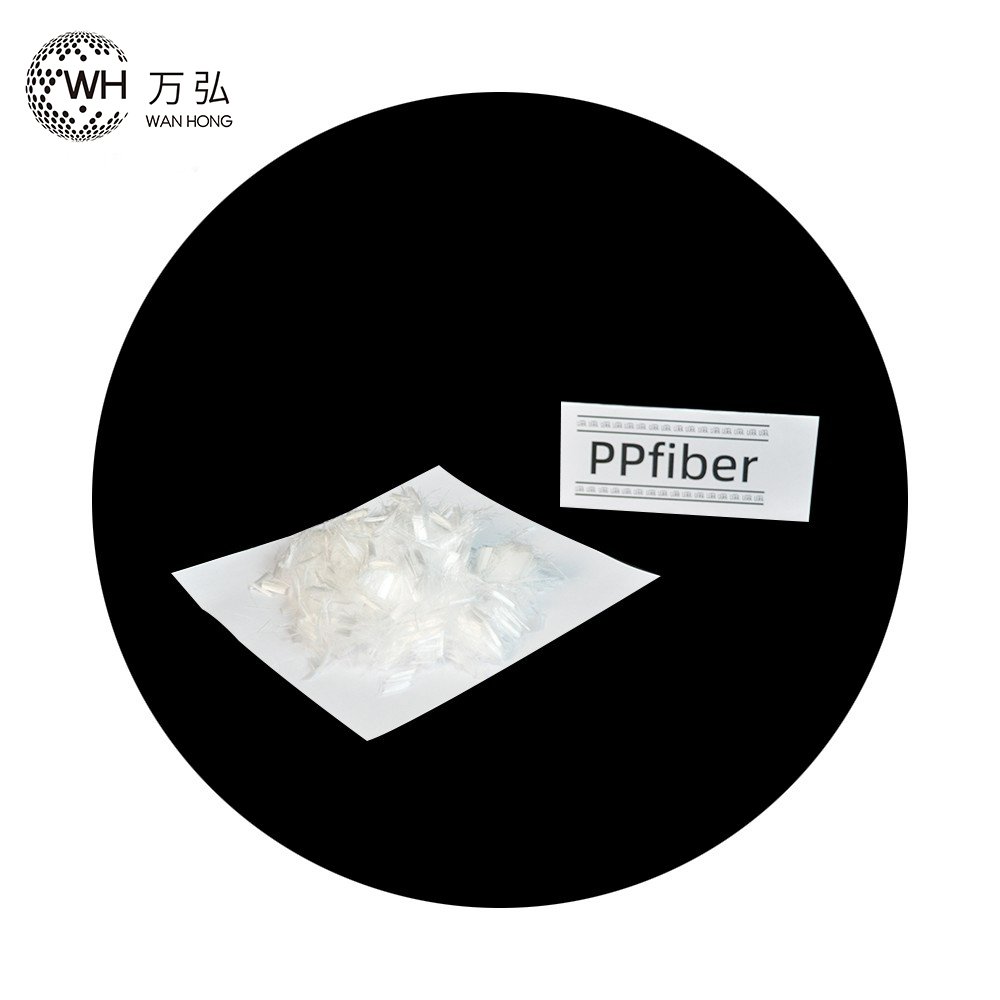
PP Fiber & Pure Polypropylene Fiber
Polypropylene Fiber(PP Fiber) is a synthetic fiber made from polypropylene, a type of polymer known for its strength, durability, and resistance to various chemical and environmental factors. This fiber is widely used in construction, textiles, and other industrial applications due to its excellent performance characteristics.
Main features of Polypropylene Fiber(PP Fiber)
High Strength and Durability:
Polypropylene short fibers are known for their high tensile strength and durability, which make them suitable for applications requiring resistance to physical stress and wear.
Chemical Resistance:
These fibers exhibit excellent resistance to a wide range of chemicals, including acids, alkalis, and organic solvents. This chemical stability makes them ideal for use in environments where exposure to harsh substances is common.
Melting Point:
Approximately 160-170°C, providing good thermal stability.
Lightweight:
Polypropylene fibers are inherently lightweight, which contributes to the overall reduction in weight of the composite materials or products in which they are incorporated. This feature is particularly beneficial in the automotive and aerospace industries, where weight reduction is a key consideration.
Moisture Resistance:
PP short fibers do not absorb water, making them ideal for outdoor applications and in products where moisture resistance is critical. This property also contributes to their mold and mildew resistance.
Low Cost:
Compared to many other synthetic fibers, polypropylene short fibers are relatively inexpensive to produce, making them a cost-effective choice for many applications.
Eco-Friendly:
Polypropylene fiber is recyclable, contributing to sustainable practices in industries.
Fibre cutting site
Synthetic polypropylene fibres can be supplied in the lengths required by the customer.
Applications of PP Fiber Pure Polypropylene Fiber
Concrete Reinforcement:
When added to concrete, polypropylene short fibers help to reduce the formation of cracks during the curing process and increase the tensile strength of the material. This reinforcement leads to more durable and resilient concrete structures, capable of withstanding environmental stresses and extending the lifespan of buildings and infrastructure.
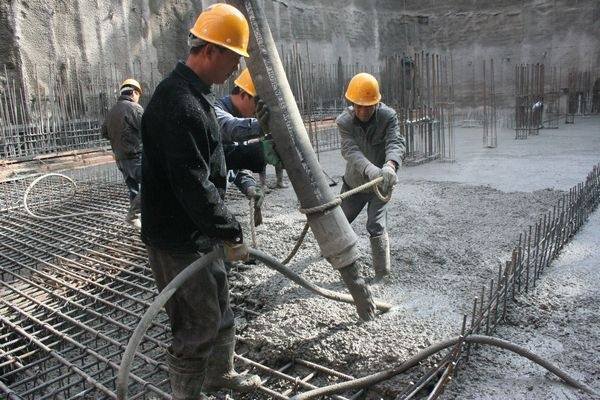
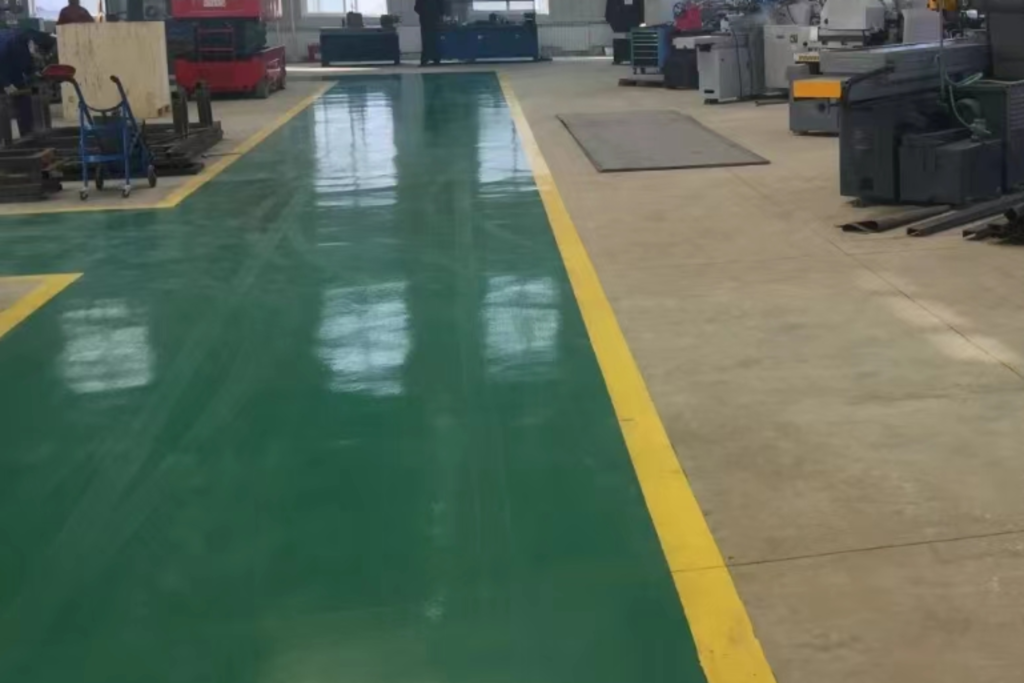
Industrial Flooring:
In industrial flooring applications, PP fibers increase the impact resistance and durability of concrete surfaces, making them ideal for warehouses, manufacturing facilities, and other high-traffic areas.
Asphalt Modification:
Incorporating PP short fibers in asphalt mixtures enhances the thermal stability and fatigue resistance of roads and pavements. This results in improved resistance to cracking and rutting, especially under heavy traffic conditions or extreme temperatures, thereby prolonging the pavement lifespan and reducing maintenance costs.
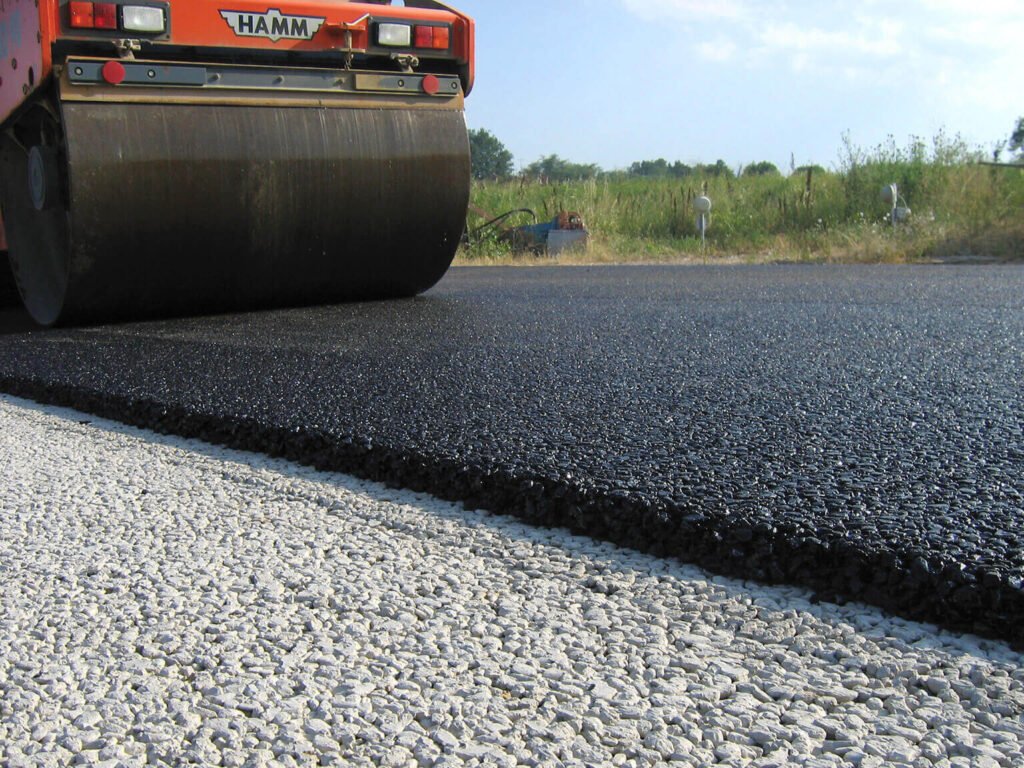
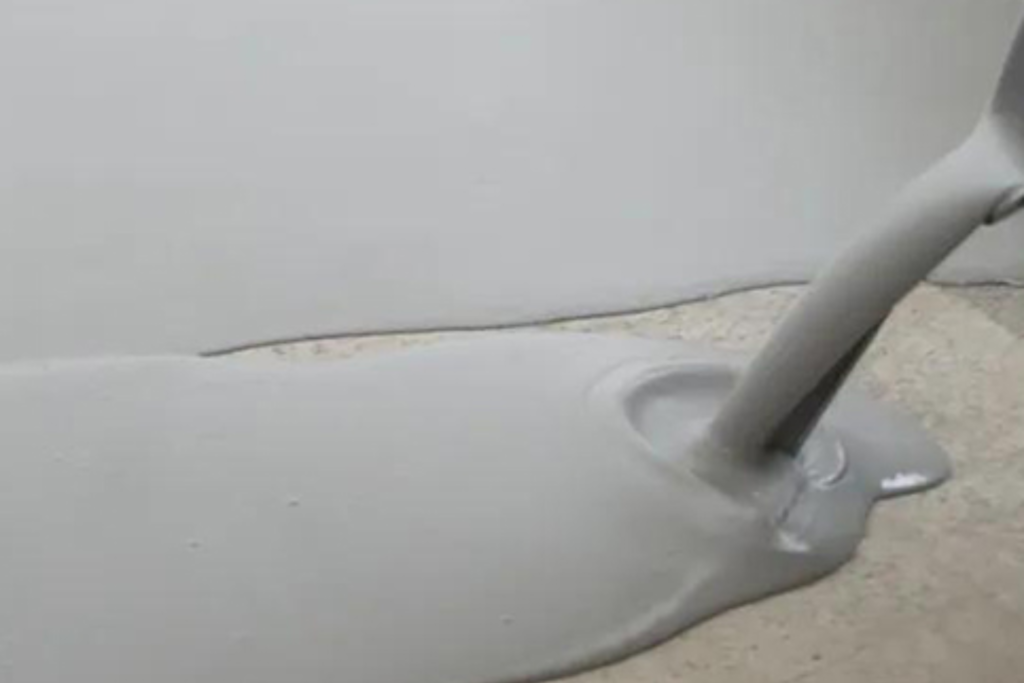
Mortars and Stucco:
Adding PP fibers to mortar and stucco formulations increases their flexural and tensile strength, reduces the likelihood of cracking, and improves the overall performance of the finished surface.
Technical Specifications:
- Material: Polypropylene (PP)
- Length: 6 mm - 20 mm (customizable)
- Density: 0.91 g/cm³
- Tensile Strength: 450 - 750 MPa
- Melting Point: 160 - 170°C
- Dosage: 0.6 - 0.9 kg/m³ (depending on application)
- Appearance: White, smooth fibers
Package&Strorage:
PP fiber is packed in three layer paper bag with inner polyethylene bag reinforced , net weight is 20kg per bag.We can also provide customized packaging and do OEM processing for you.
PP Fiber offers user-friendly packaging options ensuring easy handling and accurate dosing to meet your specific project requirements.
Keep it in cool dry warehouse,away from moisture, sun,fire,rain.
| Description | Size | |
|---|---|---|
| PP Fiber | 3/6/9/12mm | |
| Container Load | 20KG/Bag 11T/20' 22T/40' | |
*If you have questions about the product, feel free to contact us, we will provide accurate data and the quality you need, looking forward to your information!
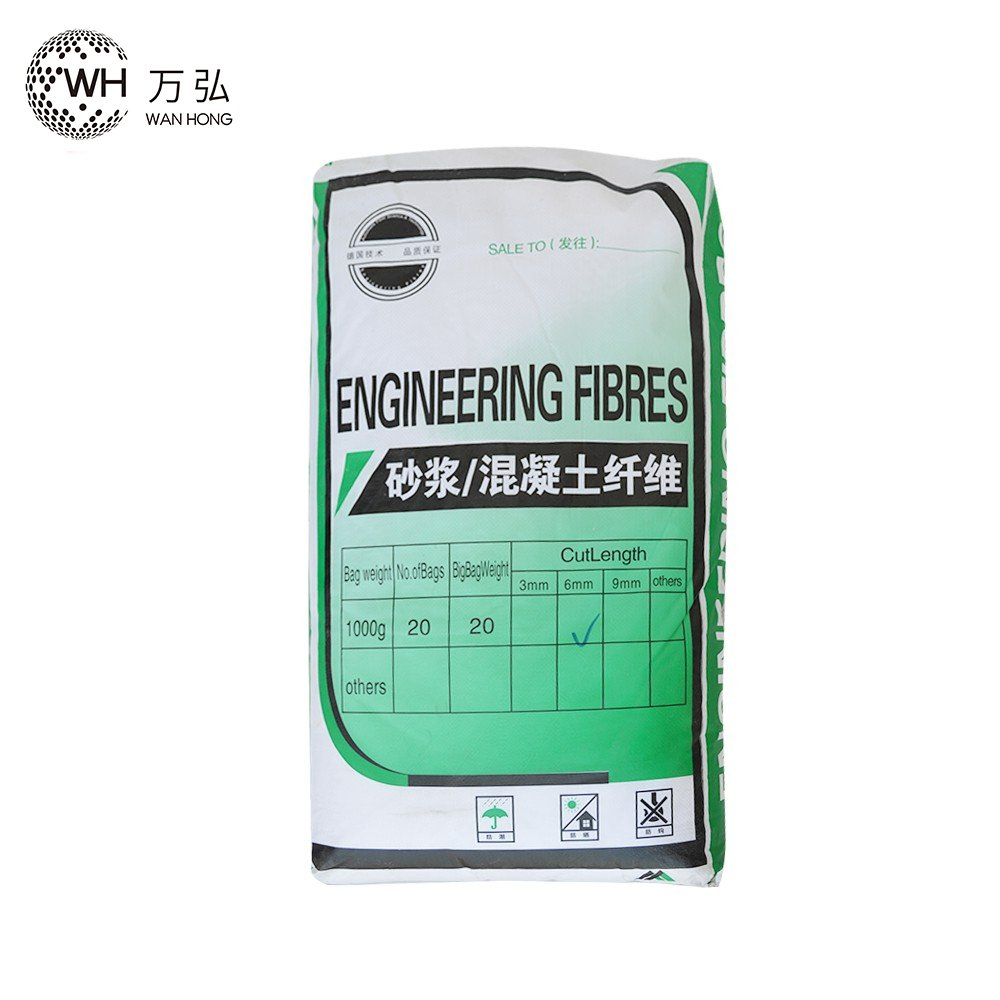
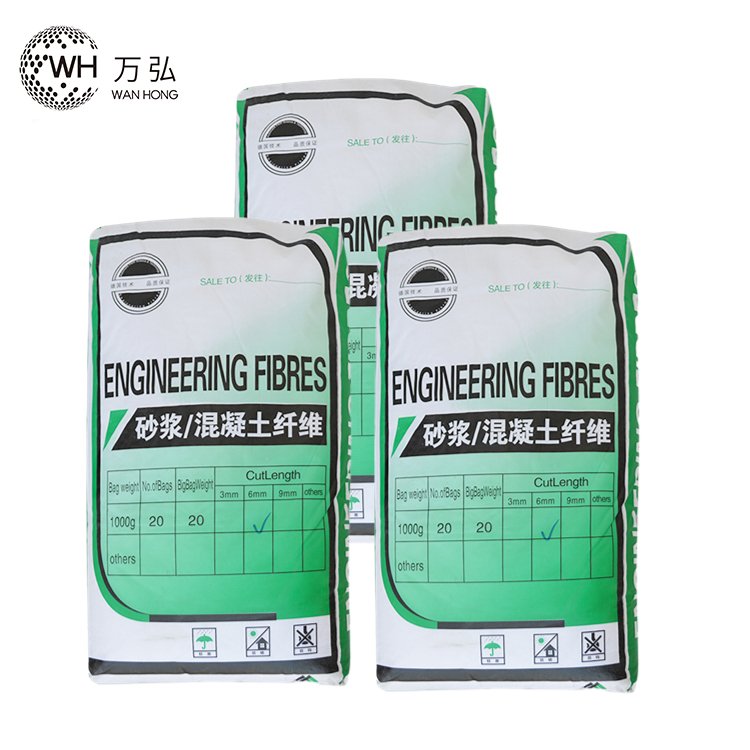
Frequently Asked Questions
We’ve compiled the most frequently asked questions about HPMC for your convenience, but if you have any additional questions, please feel free to contact us.
Can Polypropylene Short Fiber replace steel reinforcement?
Is Polypropylene Short Fiber safe and environmentally friendly?
Can Polypropylene Short Fiber be used in all types of concrete?
What are the advantages of using Polypropylene Short Fiber over other reinforcement materials?
What is the tensile strength and melting point of Polypropylene Short Fiber?
How is Polypropylene Short Fiber packaged and delivered?
